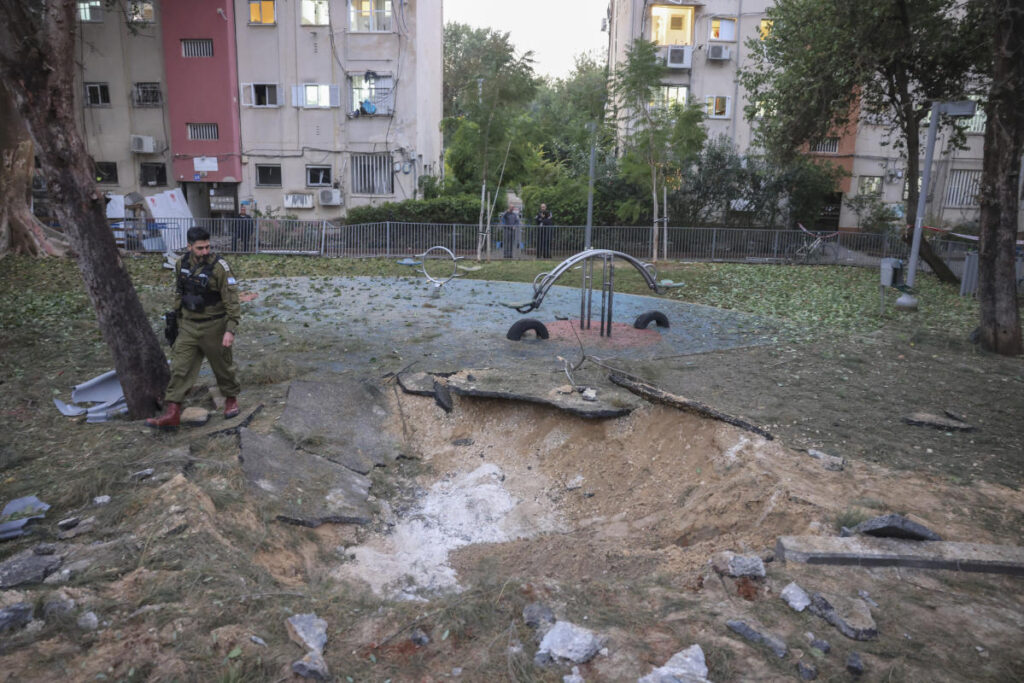In a significant escalation of rhetoric regarding regional security, Israel’s Defense Minister, Israel Katz, confirmed the assassination of Ismail Haniyeh, a top leader of Hamas, last summer, marking the first explicit acknowledgment from Israeli officials of their involvement in the blast that killed him in Iran. Katz’s announcement underlines Israel’s long-standing policy of targeting perceived threats from Iranian-backed groups in the Middle East. His comments indicate a willingness to continue taking decisive military action against the leadership of the Houthi rebel group in Yemen, whom he characterized as part of an Iranian-led alliance opposing Israel. This acknowledgment reflects an evolving strategy where Israeli officials are increasingly open about direct actions taken against their adversaries.
During a recent speech, Katz expanded on Israel’s commitment to countering the Houthi threat, declaring that the group would be met with a similar fate as Haniyeh, who was eliminated alongside other key figures from Hamas and Hezbollah in previous operations. He outlined a strategic approach that includes targeting the Houthis’ infrastructure and leadership, echoing tactics used against Hamas leaders in Gaza and Hezbollah leaders in Lebanon. Katz’s firm stance signals Israel’s resolve to maintain pressure on Iranian proxies in the region, which have conducted numerous missile and drone attacks against Israeli targets during ongoing conflicts.
The Houthis have been particularly active during the war, with their missile strikes posing a direct threat to Israel. A recent attack resulted in a missile landing in Tel Aviv, injuring at least 16 individuals, further escalating tensions. Israel’s response has included airstrikes targeting Houthi positions in Yemen, with the government vowing to intensify military efforts until the missile attacks cease. This strategy reflects a broader Israeli perspective that regards action against Iranian influence and its affiliates as essential for national security.
Amid these developments, humanitarian concerns were highlighted as the United Nations reported a troubling incident involving a convoy of food and supplies intended for Gaza. According to U.N. associate spokesperson Stephanie Tremblay, 23 out of 66 trucks in the World Food Program convoy were plundered during their journey to central Gaza. The convoy, which aimed to provide critical assistance to areas in need, experienced significant losses despite initial assurances from Israel regarding safety conditions for humanitarian operations.
The situation was exacerbated when an Israeli airstrike occurred, coinciding with the convoy’s movement, leading to a delay in progress and increased vulnerability for the remaining trucks. Tremblay emphasized the risks associated with this operation, underscoring the necessity for continued advocacy for the safe and uninterrupted delivery of humanitarian aid to affected populations. The incident illustrates the complexities faced by aid organizations operating under precarious security conditions, reinforcing calls for measures to protect humanitarian efforts amidst ongoing conflict.
Overall, these developments depict the heightened military posture adopted by Israel in response to perceived threats from Iranian-backed groups in the region. The confirmation of targeted assassinations reflects a strategic mindset characterized by preemptive actions against key figures in these organizations. Concurrently, the humanitarian challenges faced by civilian populations in conflict zones continue to be a pressing concern, raising questions about the balance between military operations and the imperative to provide aid to those in need. The interplay between military strategy and humanitarian necessity remains a critical issue as tensions in the region persist.

